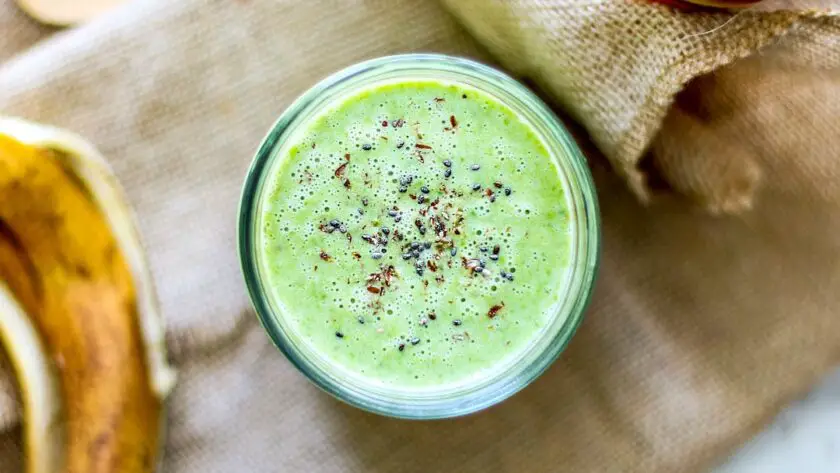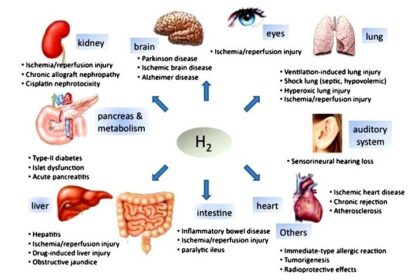In recent years, there has been a surge in health consciousness, with many turning to specific foods like spinach, peanut butter, almond milk, oatmeal, and chia seeds for their perceived health benefits. However, a closer look reveals that these seemingly healthy choices may not be as wholesome as they appear. From potential toxins to inflammatory properties, here’s a breakdown of why these foods might not be as healthy as commonly believed.
1. Spinach: Oxalate Overload
Spinach, celebrated for its high nutrient content, particularly iron and calcium, has a dark secret: oxalates. Oxalates are compounds found in many plant foods, including spinach, which can interfere with the absorption of minerals like calcium and contribute to the formation of kidney stones in susceptible individuals. While spinach offers valuable nutrients, excessive consumption, especially in raw form or for those prone to kidney issues, could pose risks.
2. Peanut Butter: Inflammatory Culprit
Peanut butter, a staple in many households, has gained popularity for its protein and healthy fat content. However, peanuts are susceptible to mold contamination, which can produce aflatoxins—a known carcinogen. Additionally, peanut butter contains omega-6 fatty acids in abundance, which, when consumed in excess, can promote inflammation in the body. While moderation is key, regular consumption of peanut butter may not be as beneficial as once thought.
3. Almond Milk: Pesticide Concerns
Almond milk has become a popular dairy alternative for its creamy texture and nutty flavor. However, the production of almonds involves heavy pesticide use, particularly during cultivation. Residual pesticides may persist in almond milk, posing potential health risks, especially when consumed regularly. While organic options may mitigate this issue to some extent, the environmental impact and resource-intensive nature of almond cultivation remain concerns.
4. Oatmeal: Glyphosate Contamination
Oatmeal, revered for its fiber content and heart-healthy properties, faces scrutiny due to glyphosate contamination. Glyphosate is the active ingredient in herbicides like Roundup, commonly used in conventional oat farming for weed control. Residues of glyphosate have been detected in oats and oat-based products, raising concerns about potential health effects, including disruption of gut microbiota and carcinogenic properties. Opting for organic oatmeal can reduce exposure to glyphosate, but the issue persists within the broader agricultural landscape.
5. Chia Seeds: Hidden Risks
Chia seeds, often lauded for their nutritional prowess, contain phytic acid, a compound that can hinder the absorption of essential minerals in the body. Among the key minerals affected by phytic acid are calcium, magnesium, zinc, and iron. These minerals play crucial roles in various bodily functions, including bone health, muscle function, immune support, and oxygen transport. However, the presence of phytic acid in chia seeds can bind to these minerals, forming insoluble complexes that are difficult for the body to absorb efficiently. Consequently, despite their nutrient density, excessive consumption of chia seeds without proper preparation or pairing with other mineral-rich foods may lead to suboptimal mineral absorption.
In conclusion, while spinach, peanut butter, almond milk, oatmeal, and chia seeds offer various nutritional benefits, they also come with potential drawbacks that warrant consideration. Whether it’s oxalates in spinach, aflatoxins in peanut butter, pesticide residues in almond milk, glyphosate in oatmeal, or the choking hazard of dry chia seeds, understanding these nuances is essential for making informed dietary choices. Moderation, variety, and opting for organic or minimally processed alternatives can help mitigate some of these concerns, ensuring a balanced and healthful diet.
You might enjoy these Superfood bars or grass-fed venison, beef, or chicken turkey from Paleovalley. Click Here to get 15% off these healthy and organic foods!
Recommended Reading:





